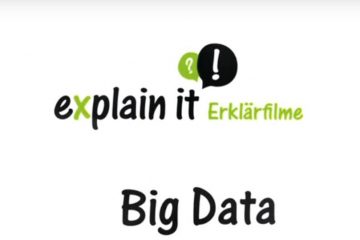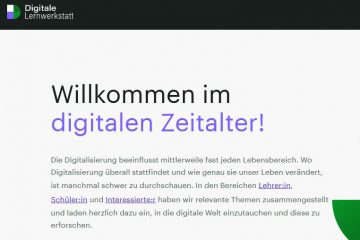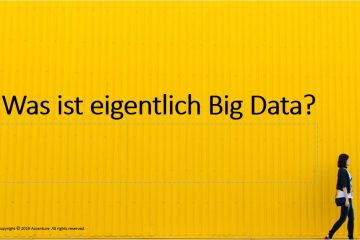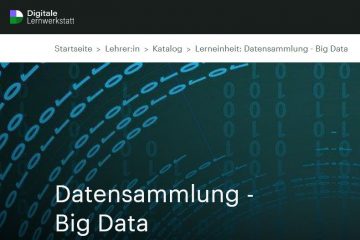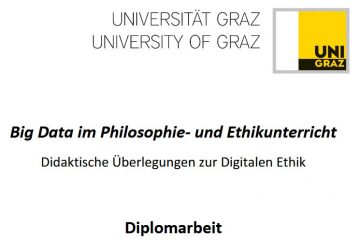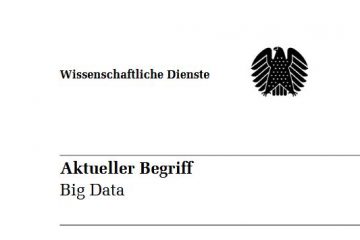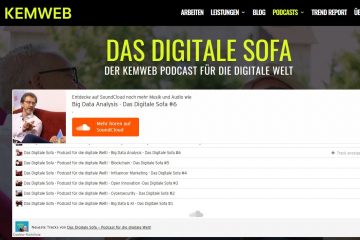Tools & Resources
Big Data – Erklärfilm
youknow (2014): Big Data (explain it), München. An animated introduction to the world of Big Data, benefits and application areas, and ethical issues. Eine animierte Einführung in die Welt von Big Data, Nutzen und Anwendungsfelder sowie ethische Probleme.
